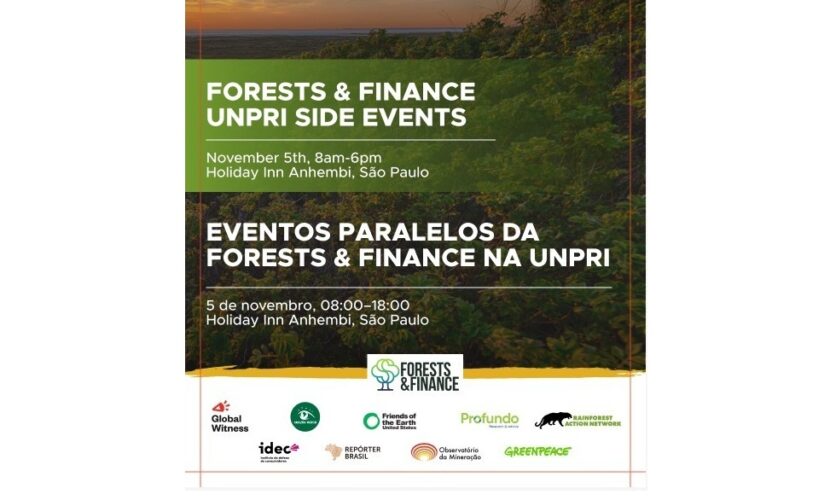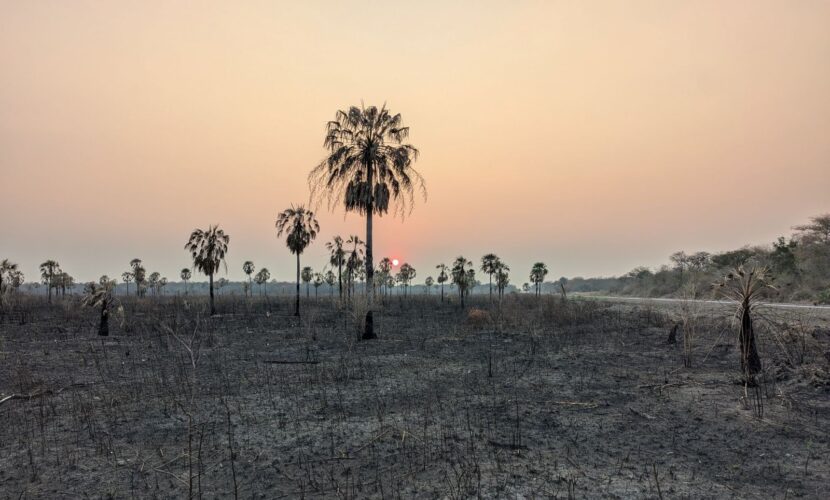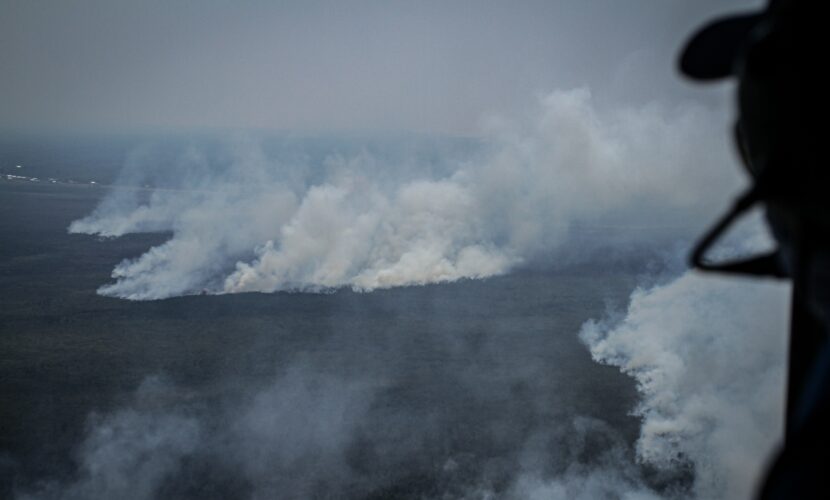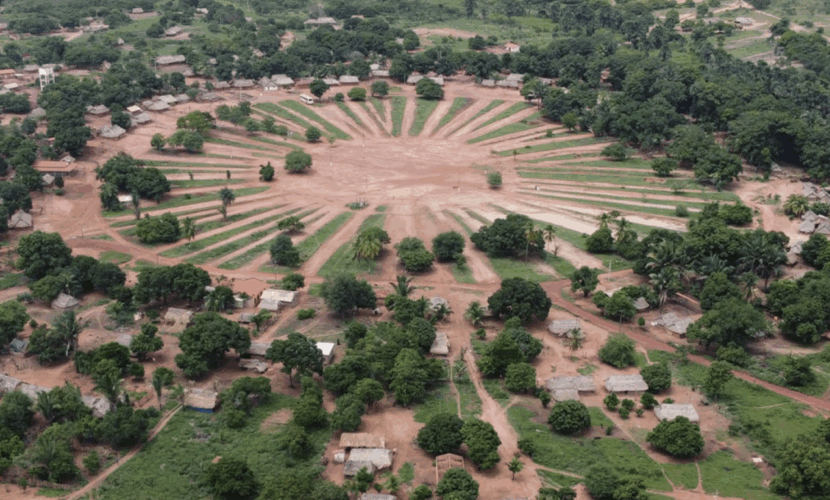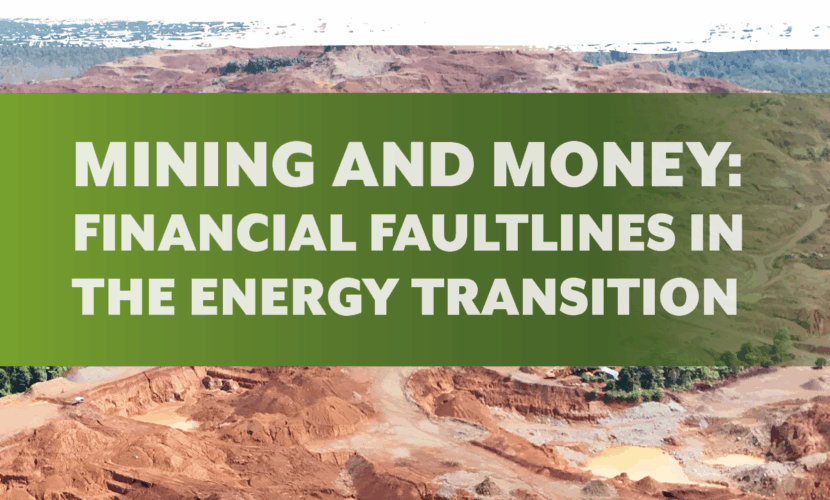News
The real finance problem is the trillions still flowing into destruction
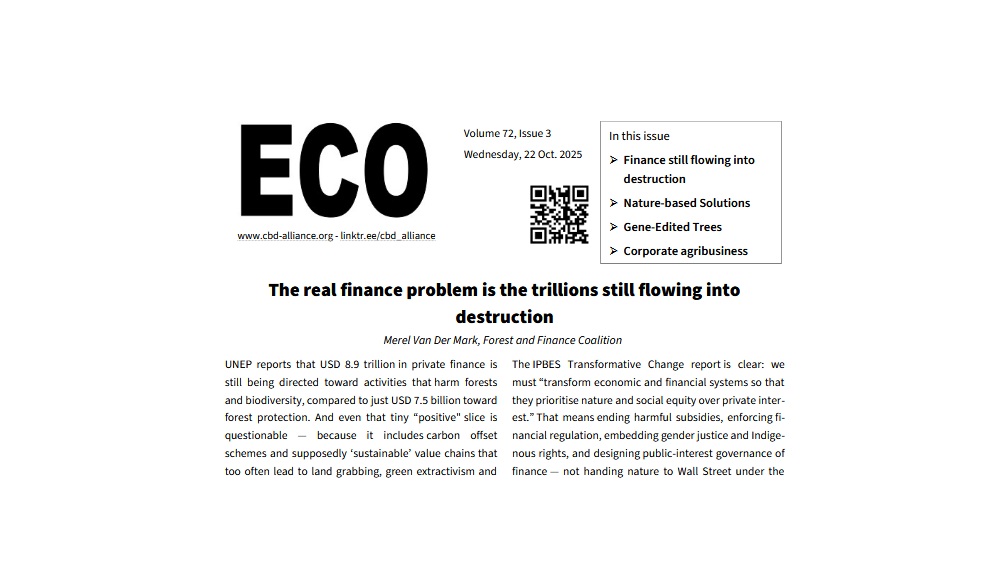
As delegates to the Convention on Biodiversity (CBD) gather in Panama for preparatory talks for COP17 next year, the CBD Alliance published an article on the need to regulate finance, in the daily ECO.
UNEP reports that USD 8.9 trillion in private finance is still being directed toward activities that harm forests and biodiversity, compared to just USD 7.5 billion toward forest protection. And even that tiny “positive” slice is questionable — because it includes carbon offset schemes and supposedly ‘sustainable’ value chains that too often lead to land grabbing, green extractivism and rights violations.
In other words: finance for destruction is more than a thousand times greater than finance for protection — and rising.
Civil society reports — including Banking on Biodiversity Collapse and Mining & Money — confirm that banks and investors are still expanding their exposure to forest-risk sectors. At the same time, global agro-industrial subsidies and export financing remain untouched — directly incentivising nature loss.
Yet despite this, COP after COP, governments are still encouraged to chase “mobilisation of private finance” rather than cutting off destructive financial flows at source.
Meanwhile, voluntary initiatives have failed. From corporate led disclosure frameworks like the TNFD to aliances of financial instutions on Net Zero, these initiatives have not reduced harmful capital — they have mainly delayed real regulation. The Alliance of Banks that were aiming to achieve Net Zero emissions in their financed portfolios, is actualy collapsing, showing how fragile voluntary commitments are in the face of profit pressure.
The IPBES Transformative Change report is clear: we must “transform economic and financial systems so that they prioritise nature and social equity over private interest.” That means ending harmful subsidies, enforcing financial regulation, embedding gender justice and Indigenous rights, and designing public-interest governance of finance — not handing nature to Wall Street under the promise of “nature markets”.
With this in mind, we urge Parties at the CBD to take Target 14 seriously.
This means:
- Make it illegal to finance biodiversity destruction — not merely disclose it.
- Redirect public finance by removing harmful agricultural and export subsidies.
- Guarantee direct financing for Indigenous Peoples, local communities and women — not via financial intermediaries.
- Reject carbon and biodiversity offset schemes that allow destruction to continue elsewhere.
We do not need more “nature-based finance products”. We need governments to stop approving finance for destruction — and start protecting people and nature through law, justice and public-interest governance.
